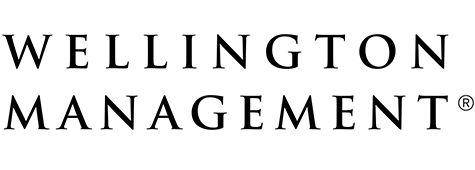Wellington Management
Wellington has been building investment partnerships with insurers since 1975. Our goals since then have remained the same – to exceed the investment objectives and service expectations of our clients. As an integral part of Wellington’s global investment platform, our dedicated Financial Reserves team offers the deep resources and experience needed to serve our insurance clients as a go-to thought partner, risk manager, and trusted advisor for complex investment objectives.. Today’s unprecedented challenges require unconventional solutions, and our collaborative strategic and proactive risk management approach helps our clients to be well-prepared.
Andrew Paone, CFA
Business Development Manager
APaone@wellington.com


